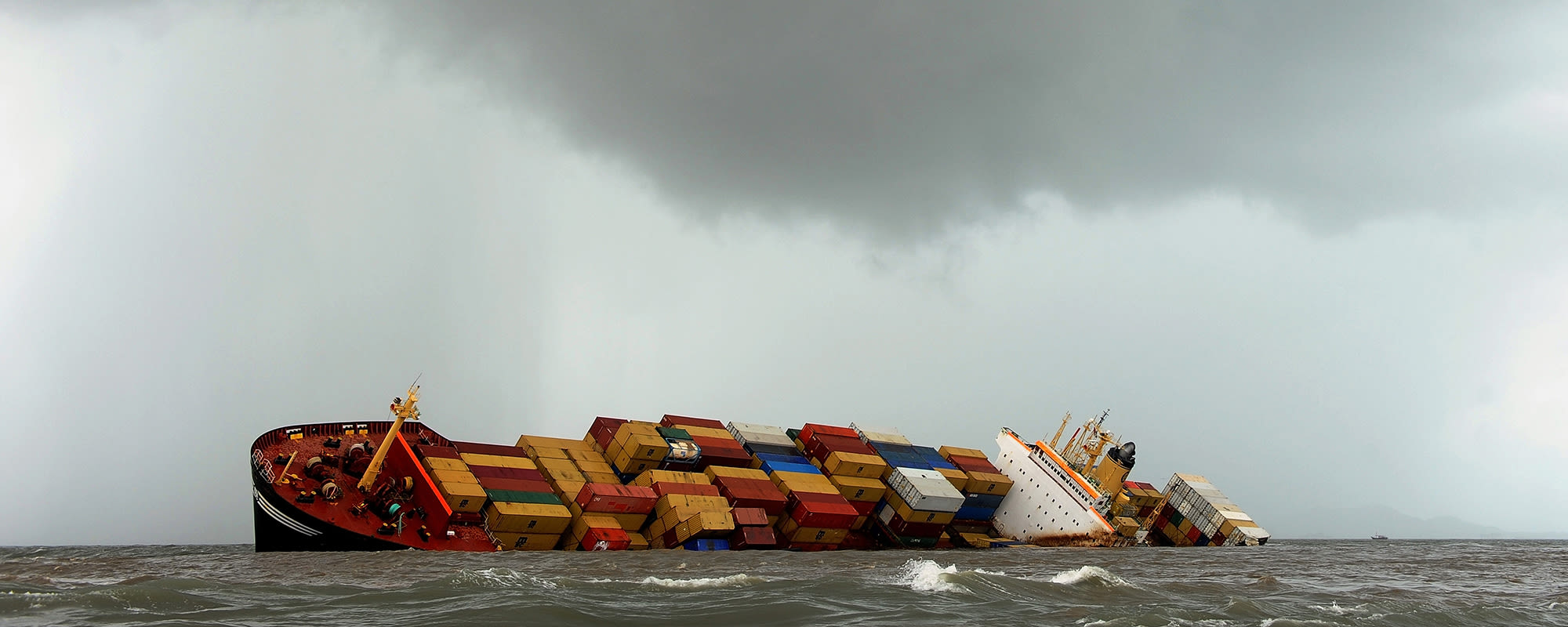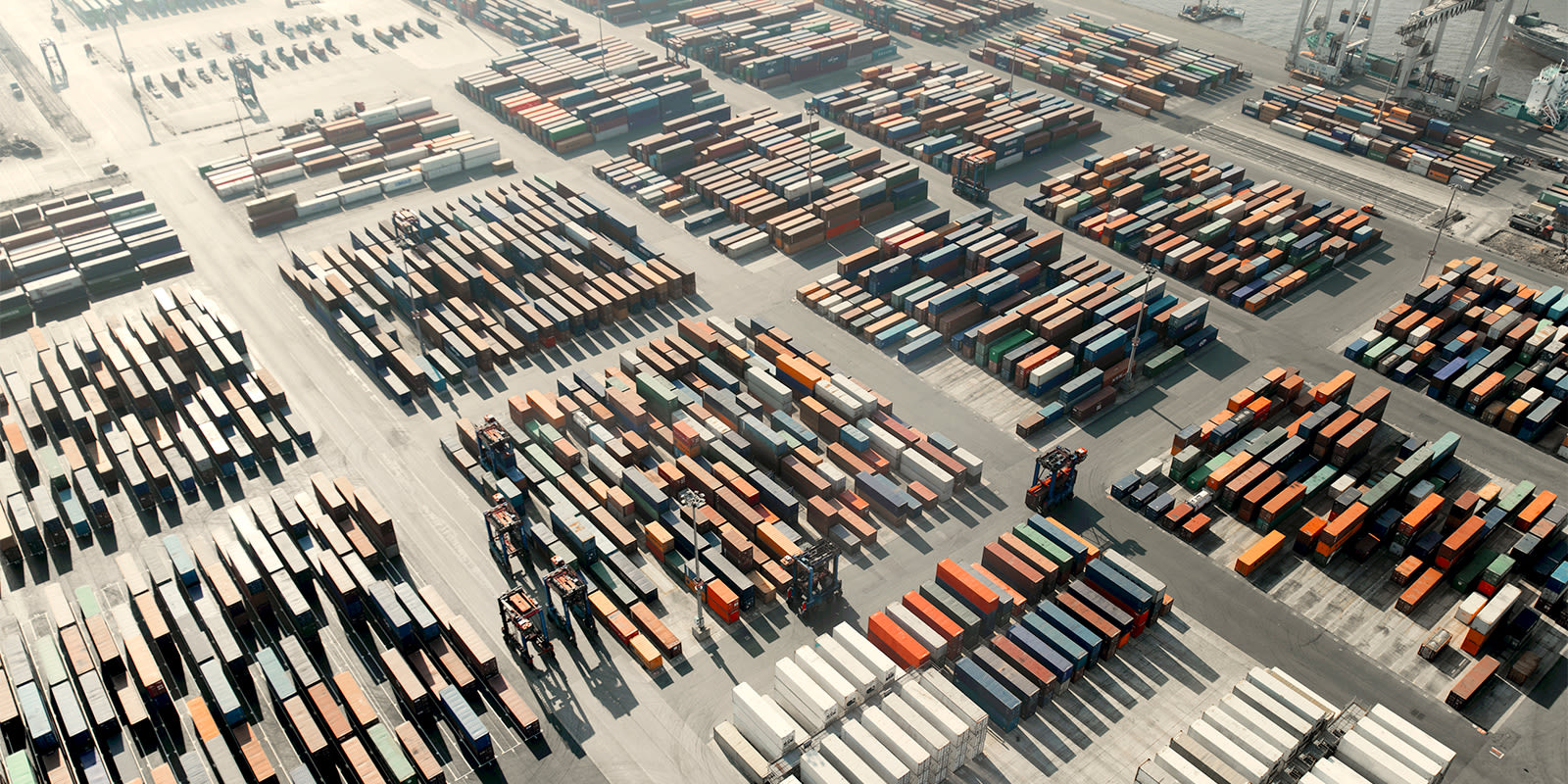
November 7, 2019
Protecting the Bottom Line During Times of Uncertainty
Tags:
Protecting the Bottom Line During Times of Uncertainty

November 7, 2019
If there’s a theme for shippers in 2019, it’s unpredictability. Between the constant turmoil with tariffs, port strikes, political unrest, and lack of a true peak season, 2019 has posed huge challenges when it comes to planning and forecasting. But by taking a few simple steps, shippers can protect their cargo and their bottom lines during the busiest seasons.
In a recent webinar, Flexport’s Tina Summers, Head of Insurance and Jan Hinz, Head of US Ocean Freight highlighted fundamental strategies to improve shipping in the fourth quarter. Below are some key takeaways:
Be Ready for Blank Sailings. With 2019’s unusual lack of a true peak season in ocean freight shipping, it’s no surprise that carriers are taking action. In response to prices remaining low during the year, the market is now seeing tightening capacity with blank sailings. In fact, blank sailings have been rising year over year, with 2018 showing a large jump compared with prior years, and the number continues to increase in 2019. As a result, businesses are likely to see rolled cargo and increases in shipping costs.
The best course of action for shippers is to make sure their forwarders have strong relationships with carriers and a history of low roll rates. To further protect shipments, Flexport recommends booking early, with a strong partner that has access to multiple routing solutions.
Look out for Port Congestion. Q4 often brings heavy volumes of cargo. Even with the lack of traditional peak season, weather-related issues will continue to impact supply chains and infrastructure. Expect limited appointment times, along with chassis and container shortages—and with that, detention and demurrage fees. Unfortunately, most carriers and insurance policies don’t provide coverage when goods are held at port. Adding to the sting of detention and demurrage fees is the missed opportunity cost of having goods in transit, rather than in stock and ready to sell to customers.
To minimize the impact of port congestion, shippers should check if their policies provide coverage for detention and demurrage or can help during disruptions that cause delay.
De-Risk the Supply Chain. Having a significant amount of inventory on the water at any given time is not a good practice as it provides more opportunity to lose more cargo at a single time. Reduce supply chain risk by spreading cargo across multiple vessels. Or, when this isn’t an option, consider comprehensive cargo insurance, which can provide protection if goods are damaged or lost. Other ways to de-risk the supply chain include looking into safer packing methods and leveraging data to identify more at-risk ports for delays and congestion.
Think About Alternative Modes. Another simple way to de-risk the supply chain is to explore other modes and services that complement a traditional FCL ocean shipping strategy. For instance, LCL services help provide additional options during container shortages and congestion. Many carriers also offer premium services like no-roll, fast transit, and on-chassis services to help expedite cargo. Consider leveraging transloading solutions to help diversify the supply chain. In addition, airfreight can be a strategic alternative when businesses need more agility and flexibility.
Prepare for the Unavoidable. With 90% of global trade moving by ocean freight, it is inevitable that loss or damage will happen at some point. Businesses can prepare for that reality with insurance coverage. The right policy can help offset lost holiday revenue due to damaged goods. And, in the case of lost or damaged ocean shipments, it can mitigate additional supply chain costs to expedite shipments via airfreight to help replace those goods.
The forecast from Q4 into 2020: Expect the unexpected. IMO 2020 will bring additional complications. Businesses seeking to protect their bottom lines should make strategic supply chain planning choices to shore up against the unavoidable.
Learn more about how to navigate the complexities of Q4 by watching the webinar on demand.
About the Author

November 7, 2019


